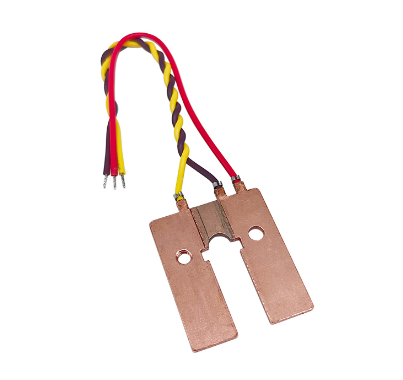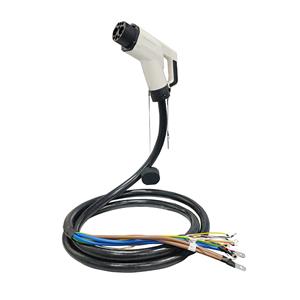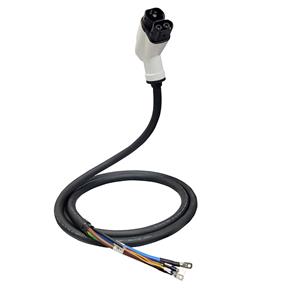Technological Prospects of Precision Shunt Resistors
Precision shunt resistors play a crucial role in electrical circuits by accurately measuring current flow and enabling precise current sensing applications. Over the years, advancements in technology have led to the development of innovative precision shunt resistors, offering improved performance, enhanced accuracy, and expanded applications. In this technical document, we will explore the promising technological prospects of precision shunt resistors.
1. Enhanced Accuracy:
The continuous advancement in manufacturing techniques and materials has resulted in precision shunt resistors with exceptional accuracy. Modern precision shunt resistors are designed to provide precise measurements, minimizing errors and ensuring reliable current sensing. With tighter tolerance levels and reduced temperature coefficients, these resistors enable highly accurate current measurement in various industrial and automotive applications.
2. Smaller Footprint:
Technological advancements have led to the miniaturization of precision shunt resistors. The reduction in size allows for their integration into compact electronic devices and densely packed circuits, where space is limited. Smaller footprint precision shunt resistors facilitate the development of more compact and lightweight electronic systems while maintaining high precision current measurement capabilities.
3. Improved Power Handling:
Precision shunt resistors now offer increased power handling capabilities, allowing them to handle high current levels without compromising accuracy. Utilizing advanced materials and innovative design techniques, these resistors can dissipate heat efficiently, ensuring reliable performance even in demanding applications. Such improvements in power handling broaden the range of potential applications for precision shunt resistors.
4. Wide Range of Resistance Values:
The technological advancements in precision shunt resistors have also resulted in a wider range of resistance values. Engineers now have access to resistors with various resistance levels, enabling them to select the most suitable resistor for their specific current sensing requirements. This flexibility enhances the versatility of precision shunt resistors and makes them applicable in a broad range of industries, including power electronics, automotive, telecommunications, and renewable energy.
5. Integration with Digital Systems:
With the rise of digital systems and advanced control techniques, precision shunt resistors are now being integrated with digital interfaces. This integration enables real-time monitoring, data acquisition, and analysis, enhancing the overall functionality and efficiency of the systems. Digital precision shunt resistors provide accurate current measurement data directly to microcontrollers or digital signal processors, simplifying system integration and enabling intelligent control algorithms.

Conclusion:
The future of precision shunt resistors looks promising, with continual technological advancements driving enhanced accuracy, miniaturization, improved power handling, wider resistance range, and integration with digital systems. These advancements open up new possibilities for precise current sensing applications across various industries. As technology continues to evolve, we can expect further innovations in precision shunt resistors, catering to the ever-growing demand for high-performance and accurate current measurement solutions.




